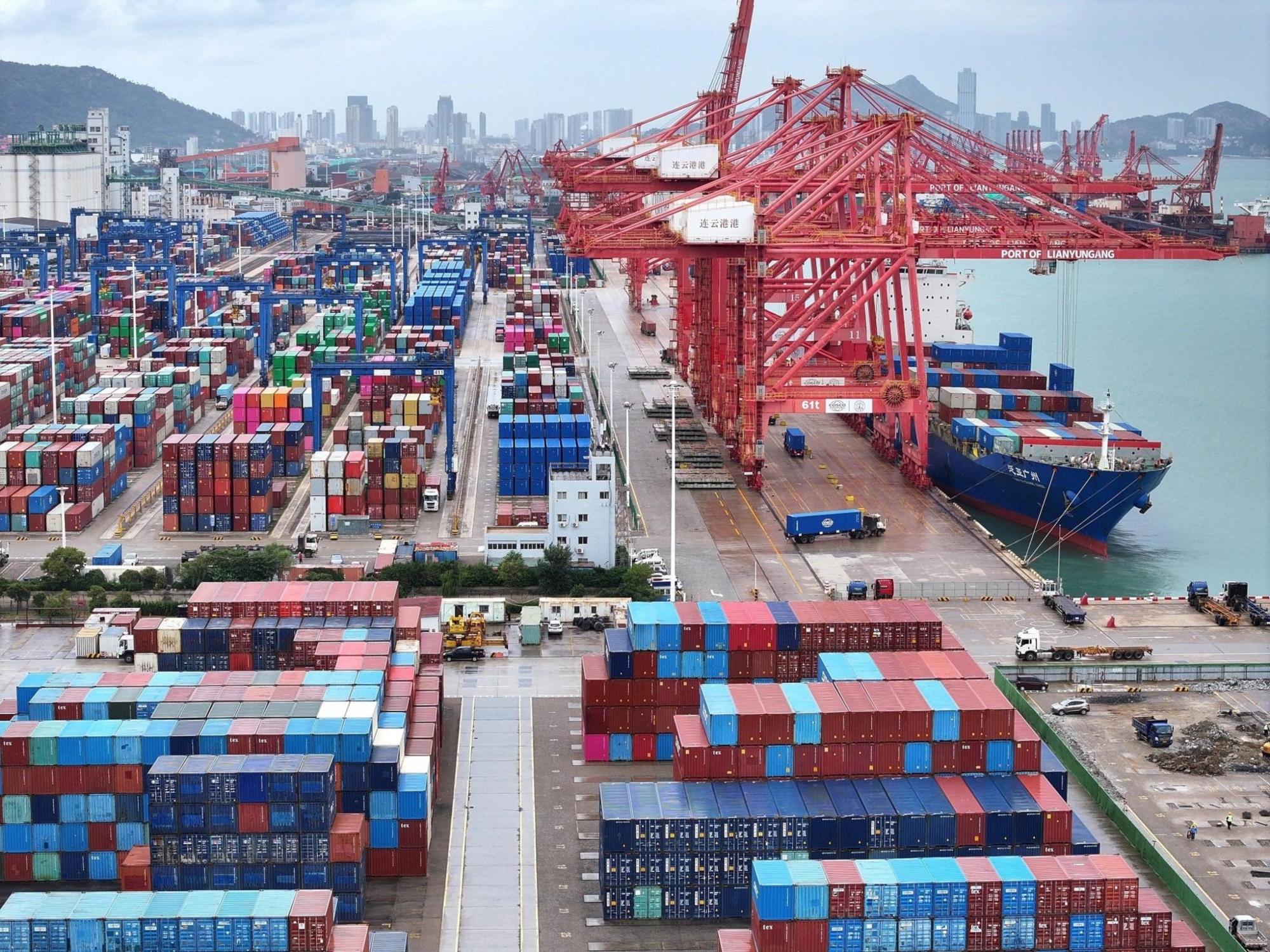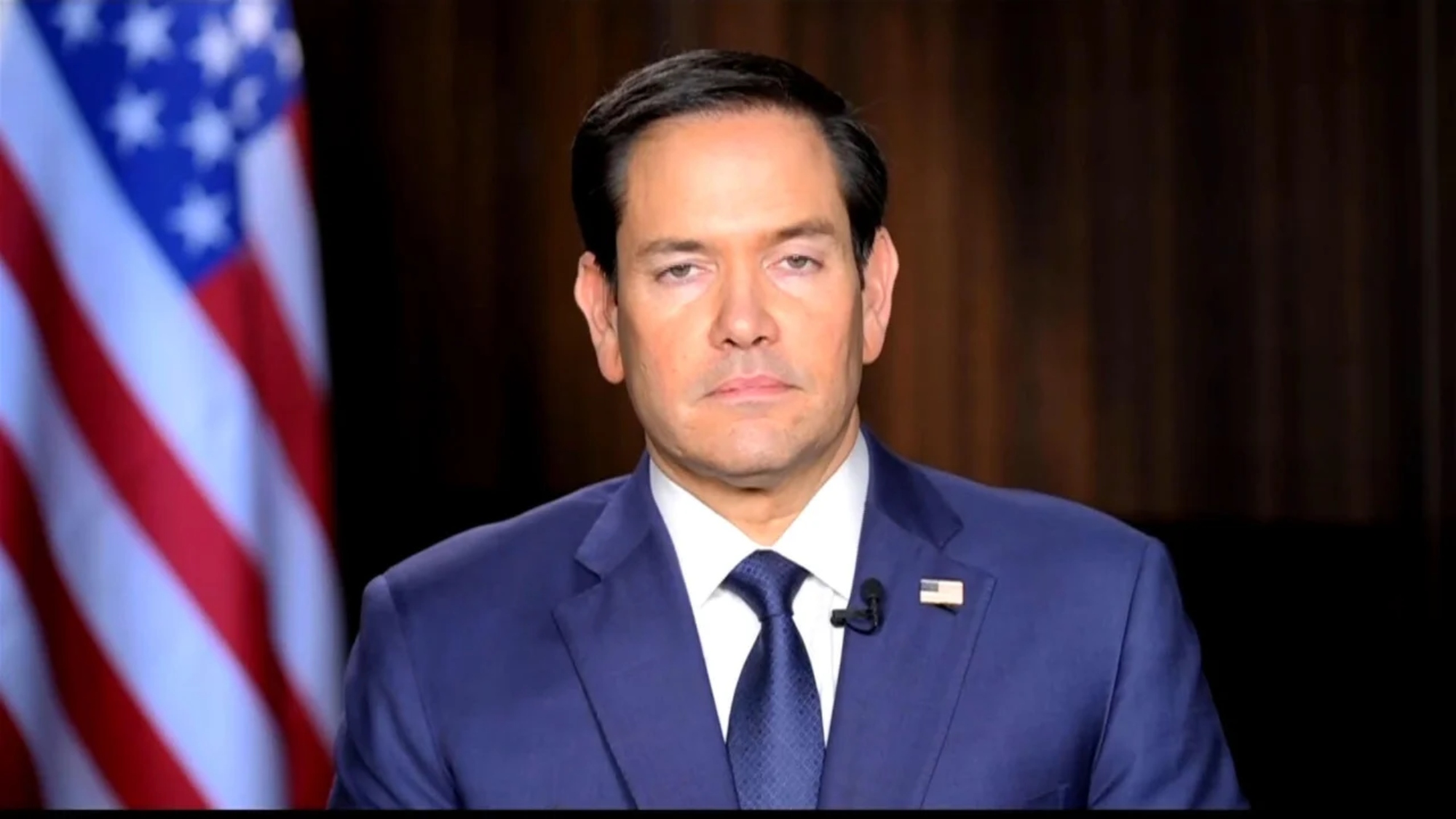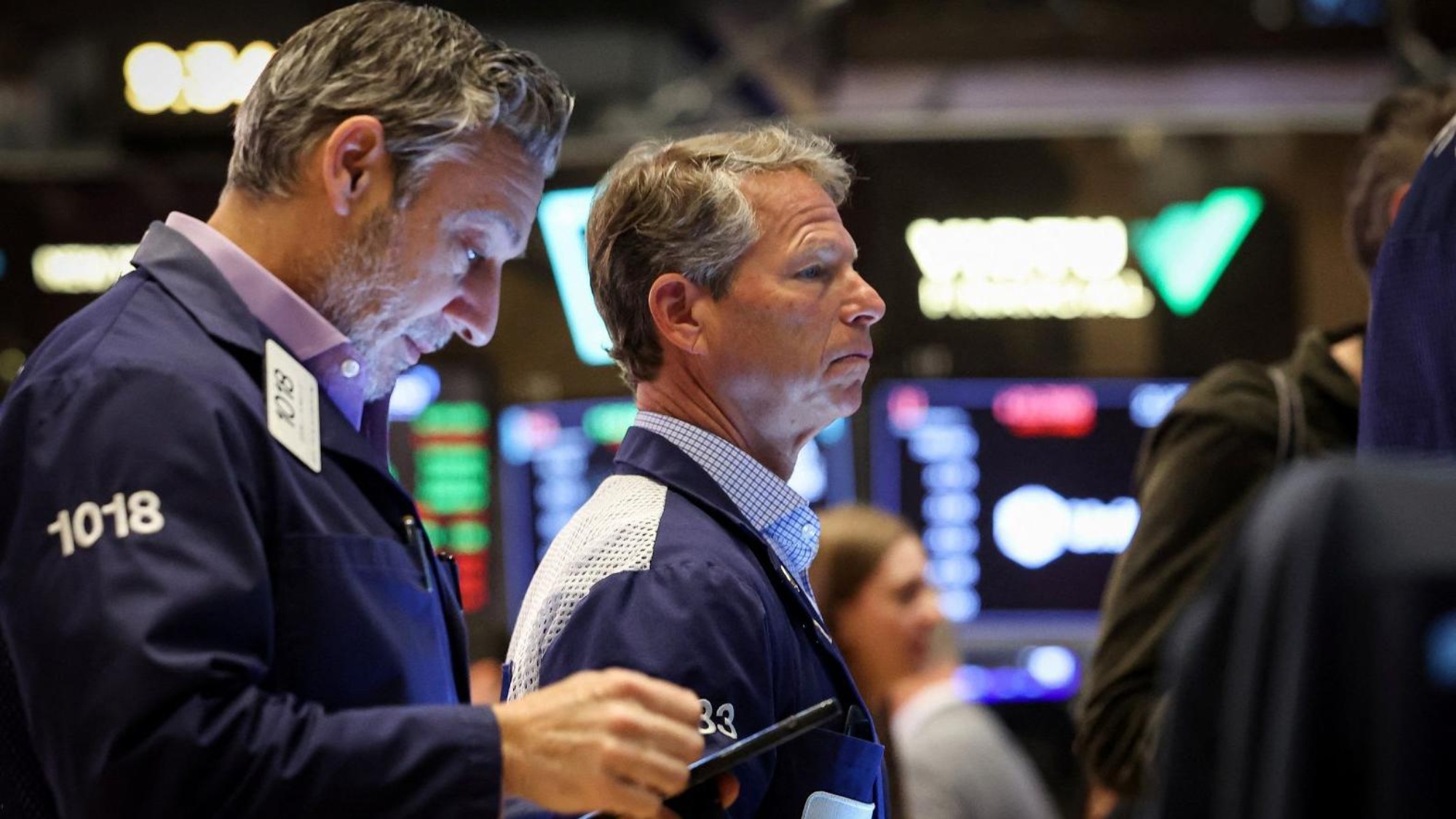The two nations UK and India, have reached a long-anticipated trade agreement aimed at boosting economic ties and easing trade barriers between them. The UK government described the deal as a "landmark" which will slash tariffs on key British exports such as whisky, cars, gin, and medical devices, while also cutting duties on Indian exports including clothing, footwear, jewellery, and food products.
The agreement, three years in the making does not include any changes to UK immigration policy, despite Indian requests to ease rules for students and workers.
Prime Minister Sir Keir Starmer hailed the deal as a major boost for growth and a win for both businesses and consumers. "This agreement delivers for British people and business," he said.
Last year, trade between the UK and India was valued at £42.6 billion. Government estimates now suggest this deal could raise that figure by an additional £25.5 billion annually by 2040.
The Prime Minister of India, Narendra Modi called the agreement a "historic milestone" which is "ambitious and mutually beneficial," noting its potential to spark innovation, job creation, and deeper investment flows across both economies.
Once ratified potentially within a year, UK consumers can expect lower prices on a range of Indian imports, such as:
- Clothing and footwear
- Food items like frozen prawns
- Jewellery and gemstones
At the same time, UK exporters will benefit from reduced levies on:
- Whisky and gin (with whisky tariffs cut from 150% to 75%, and further reductions to follow)
- Aerospace components, medical devices, and electrical goods
- Lamb, salmon, chocolate, biscuits, and other food products
The agreement also opens up India’s services and procurement markets, allowing British firms to compete for public contracts more easily.
UK Business Secretary Jonathan Reynolds called the deal “massive” in terms of benefits for both UK businesses and consumers. He met with his Indian counterpart, Piyush Goyal, in London last week to finalize the terms.
This is the largest and most economically significant bilateral trade deal the UK has signed since leaving the European Union in 2020.
The announcement received cross-party reaction. Shadow Trade Secretary Andrew Griffith credited Brexit for enabling such deals, while the Liberal Democrats welcomed the agreement but insisted MPs must have a chance to scrutinize and vote on it to ensure democratic accountability.
One notable win for India is a three-year exemption on UK social security payments for Indian workers on short-term visas, part of a mutual effort to avoid dual contributions under the so-called Double Contribution Convention.
With India poised to become the world’s third-largest economy in the near future and aiming to grow exports by $1 trillion by 2030, both sides see the pact as strategically significant.
Rain Newton-Smith, head of the Confederation of British Industry, praised the deal as a “beacon of hope” in an era of global protectionism, while former government adviser Allie Renison said the agreement could be “transformational,” particularly given India’s economic scale and the difficulty of accessing its market until now.










.jpg)